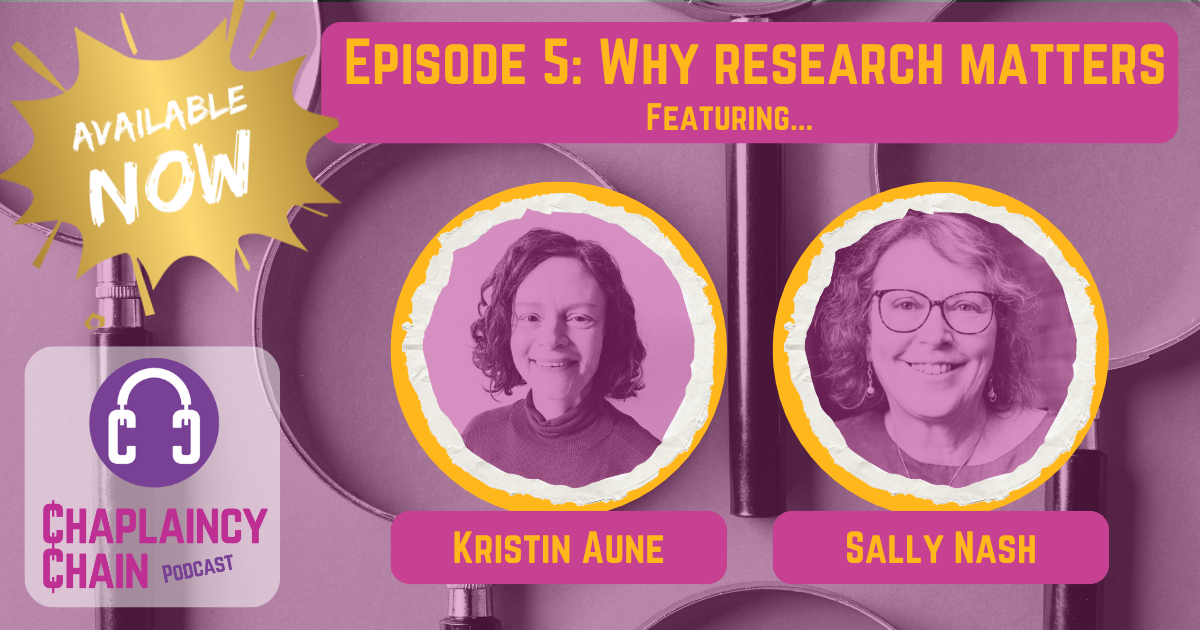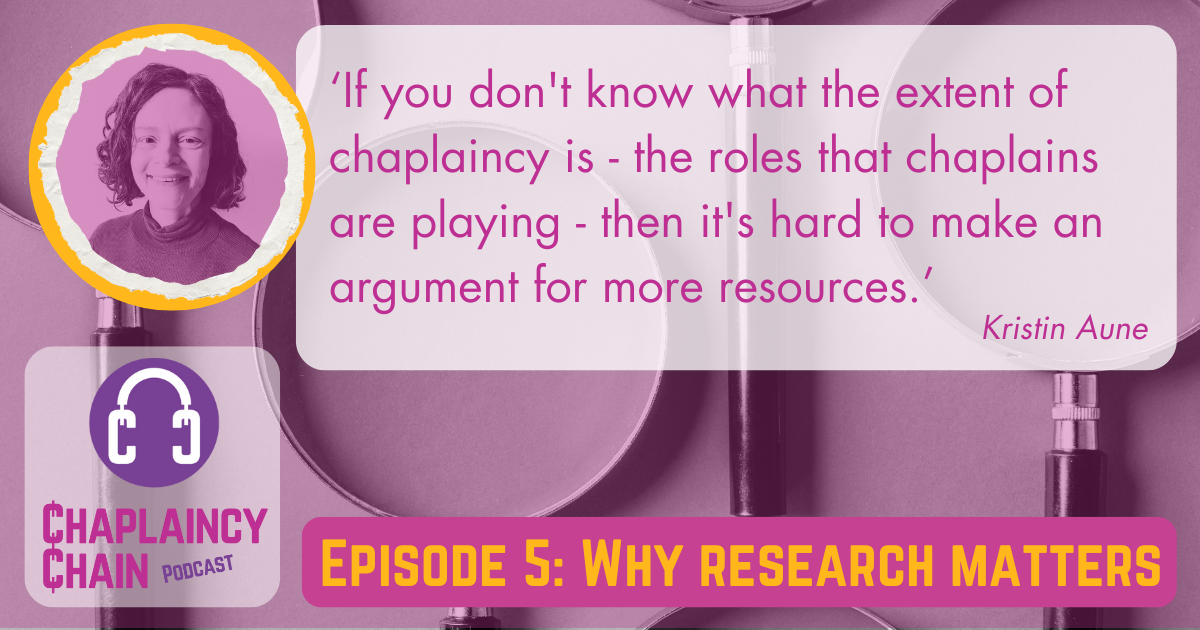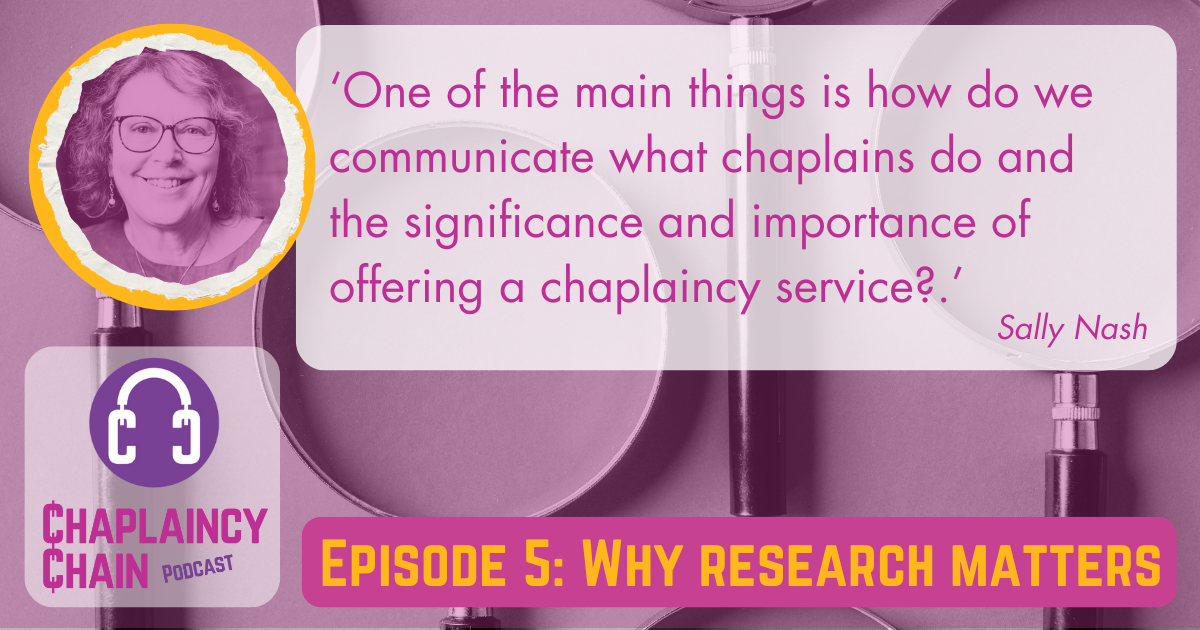Wider commitment to chaplaincy can often seem fragile. In this episode, we explore the value of research and how it helps tell the story of chaplaincy.
Listen
Episode Links
- Research by Kristin Aune
- Research by Sally Nash
- Assessing Impact Amongst Chaplains in a University Setting: Phase One of an Action Research Project (Sue Miller and Christopher Stephens)
- Assessing Impact Amongst Chaplains in a University Setting: Phase Two of an Action Research Project (Sue Miller and Christopher Stephens)
The Guests
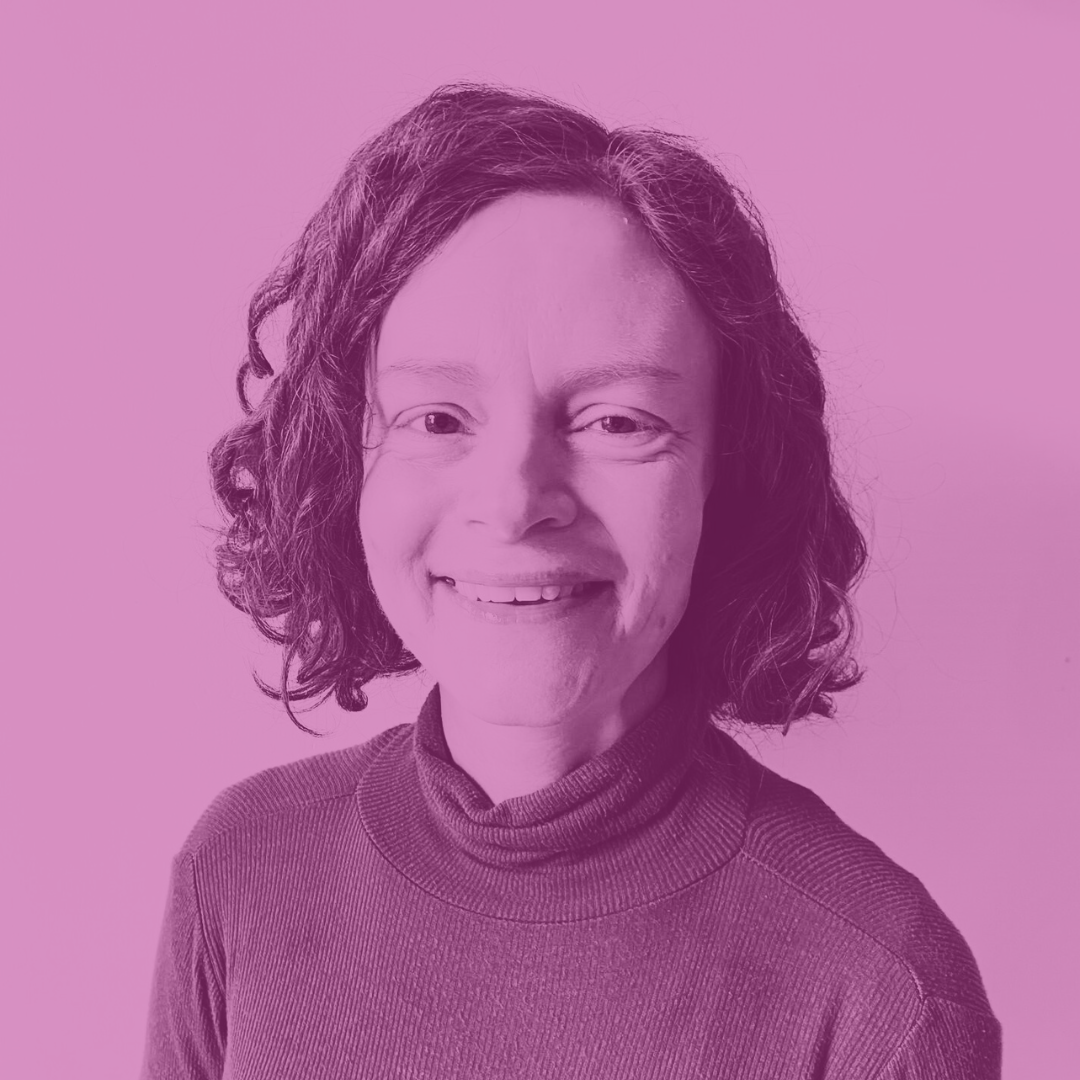
Kristin Aune
Kristin Aune is Professor of Sociology of Religion at the Centre for Peace and Security, Coventry University. She has carried out many research projects on religion and higher education, including the large ‘Chaplains on Campus’ study of university chaplains, with Mathew Guest and Jeremy Law, funded by the Church Universities Fund. Editor of the book ‘Religion and Higher Education in Europe and North America’ (Routledge), her recent journal articles include ‘University Chaplaincy as Relational Presence’ and ‘Building bridges or holy huddles? Student religious organizations in British universities’
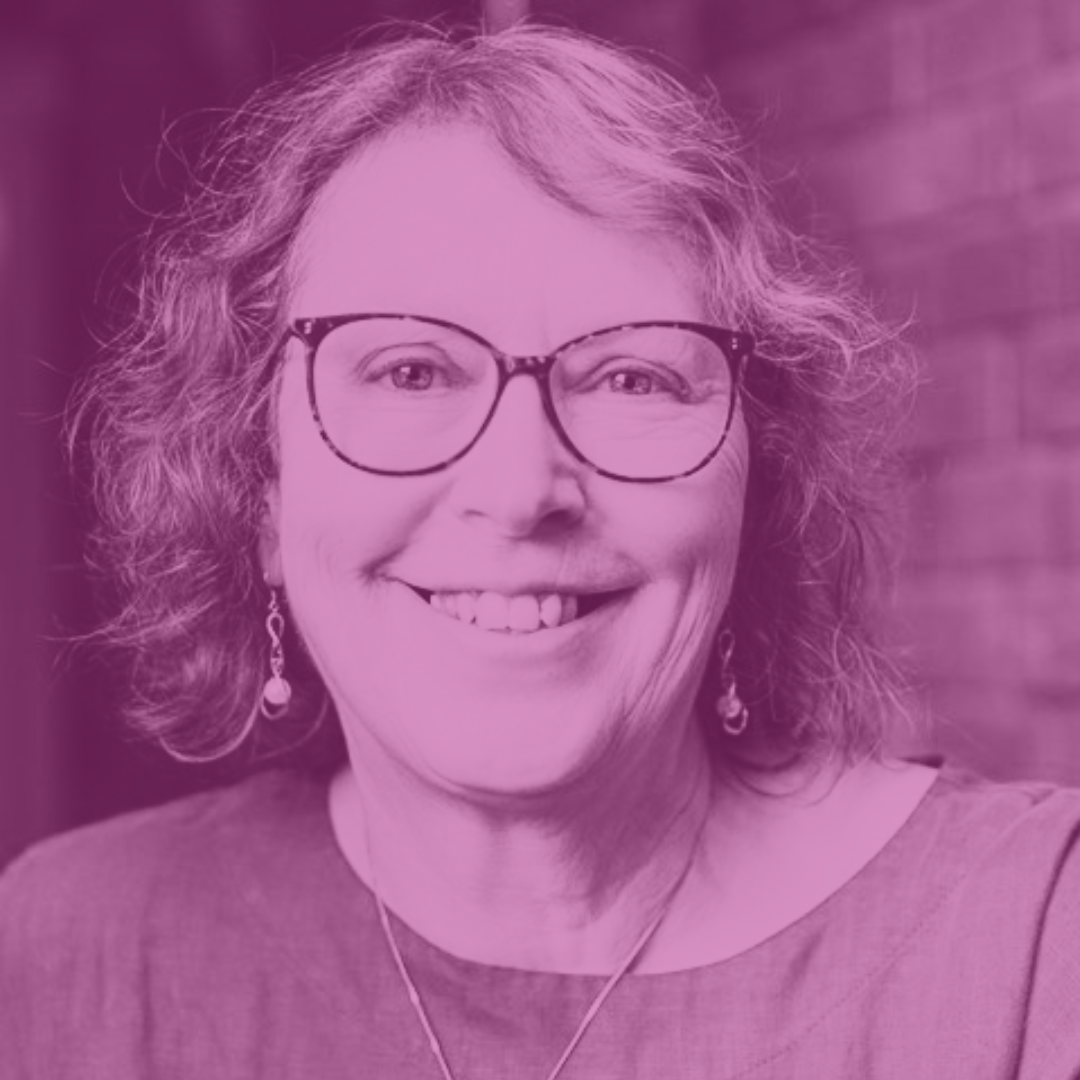
Sally Nash
Revd Dr Sally Nash is a theological educator, academic lead for Birmingham Newman University and Centre for Paediatric Spiritual Care PG Certificate in Paediatric and Maternity Chaplaincy and has co-authored books and articles on paediatric spiritual care and chaplaincy as well as a range of ministry topics. She is a licensed self supporting Anglican priest in an outer estate parish and Senior Research Fellow at St Padarn’s Institute.
Conversation Snippets
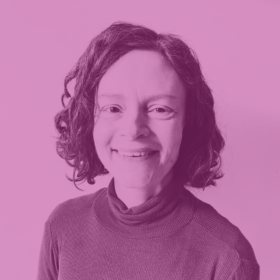
Kristin Aune
“We worked it out that each year university chaplains contribute around £4.5 million of volunteer labour to the HE sector, which is quite a considerable amount. So one of our recommendations was that universities increase their funding of chaplaincy.”
“If you don’t know what the extent of chaplaincy is – the roles that chaplains are playing – then it’s hard to make an argument for more resources.”
“There were a lot of Muslim chaplains who are now funded by the university and I think that’s very encouraging. I think that’s come partly because of preventing violent extremism. But I think it’s also come about because because of the rising numbers of of Muslim students, and I think universities have been able to respond to that in a really positive way by appointing Muslim chaplains.”
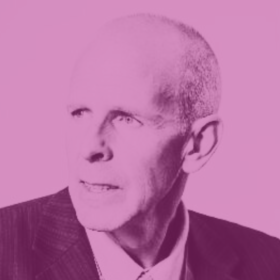
Bob Wilson
“The evidence base is necessary for us to be able to say chaplaincy is essential.”
“Who’s helping us to define the language for what you might see as pioneer chaplaincy? We recently talked about a nail bar chaplain or chaplaincy to retail parks so some of our chaplaincies are really well outside the research world and I wonder if there’s a gap for research into those areas.”
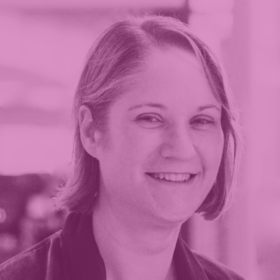
Sarah Lane Cawte
“It does demonstrate that there is a huge investment from outside HE institutions from religious groupings that have chaplains, and when we talk about building community cohesion and all the various different things that come up in conversations about politics at the moment, those are really important things to use to demonstrate some of that.”
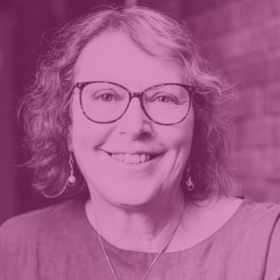
Sally Nash
“It’s important to research chaplaincy because we need an evidence base. Funding is a problematic area in so many different sorts of places and people are looking at where they can cut. So how do we go about persuading institutions that chaplaincy is a vital part of what they offer? So for me, one of the main things is how do we communicate what chaplains do and the significance and importance of offering a chaplaincy service?”
“Paul tells the story of a Muslim woman knocking on the door of his office and he said, ‘I’m really sorry there isn’t a Muslim chaplain in the hospital at the moment,’ and she just said, ‘Oh, you’ll do.’ Sometimes there is only one chaplain and for many people they’d rather talk to the one chaplain than no one.”
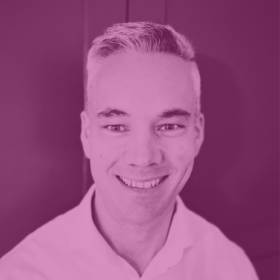
Mark Newitt
“The staff were always friendly to me when I was called and when I arrived, they would smile, they would say hello. But when I started talking about research and being involved in research and researching the work that I do, it felt like there was a fundamental shift, in terms of their relating. There was something about them understanding this is a fellow healthcare professional, there’s a language that we share about research, whereas perhaps beforehand there wasn’t that sense of a shared language. I sometimes described it as to begin with it was a bit like being lost in space and once I started talking about research, it was like I was drawn into the orbit.”
“I think that chaplains are natural researchers. It’s just we don’t think about it in that way. Chaplains should be able to reflect on their practice. That’s a core skill. For me research is really just an extension of that, particularly if you are in case studies or other aspects like that you’re reflecting on your practise and trying to learn from it.”
Help promote this episode
Help raise the profile of chaplaincy by promoting The Chaplaincy Chain Podcast. You might like to use some of these images in social media posts. You should be able to download and save them by right clicking on the image you would like to use. We really do appreciate any support in telling others!


